Maintaining a healthy weight is crucial for overall well-being, and the food choices we make play a significant role in this process. Certain foods, because of their nutrient density and low calorie content, can be particularly beneficial for weight management. Here’s a revised list of 12 such foods, with more detailed information about each.

1. Leafy Greens
Leafy greens, including spinach, kale, and Swiss chard, are incredibly low in calories yet rich in essential nutrients like iron, calcium, and vitamins A, C, and K. Their high fiber content helps in promoting satiety and regulating the digestive system, making them ideal for a weight-conscious diet.
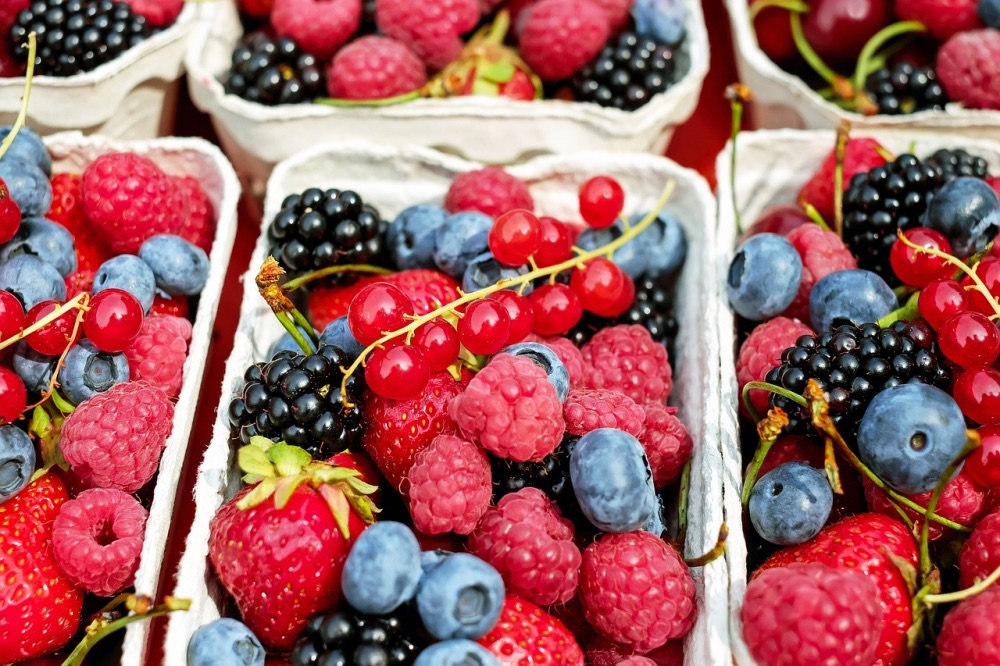
2. Berries
Berries, such as strawberries, blueberries, raspberries, and blackberries, are packed with antioxidants, vitamins, and minerals. They have a high water content and are a great source of dietary fiber, which aids in fullness and reduces appetite. Their natural sweetness can also help curb sugar cravings.

3. Citrus Fruits
Replacing whole grains, citrus fruits like oranges, grapefruits, lemons, and limes are excellent for weight control. They are high in vitamin C, fiber, and have a high water content, which helps in feeling full and hydrated. Their tangy, refreshing taste can add flavour to water and salads, making them a versatile dietary choice.
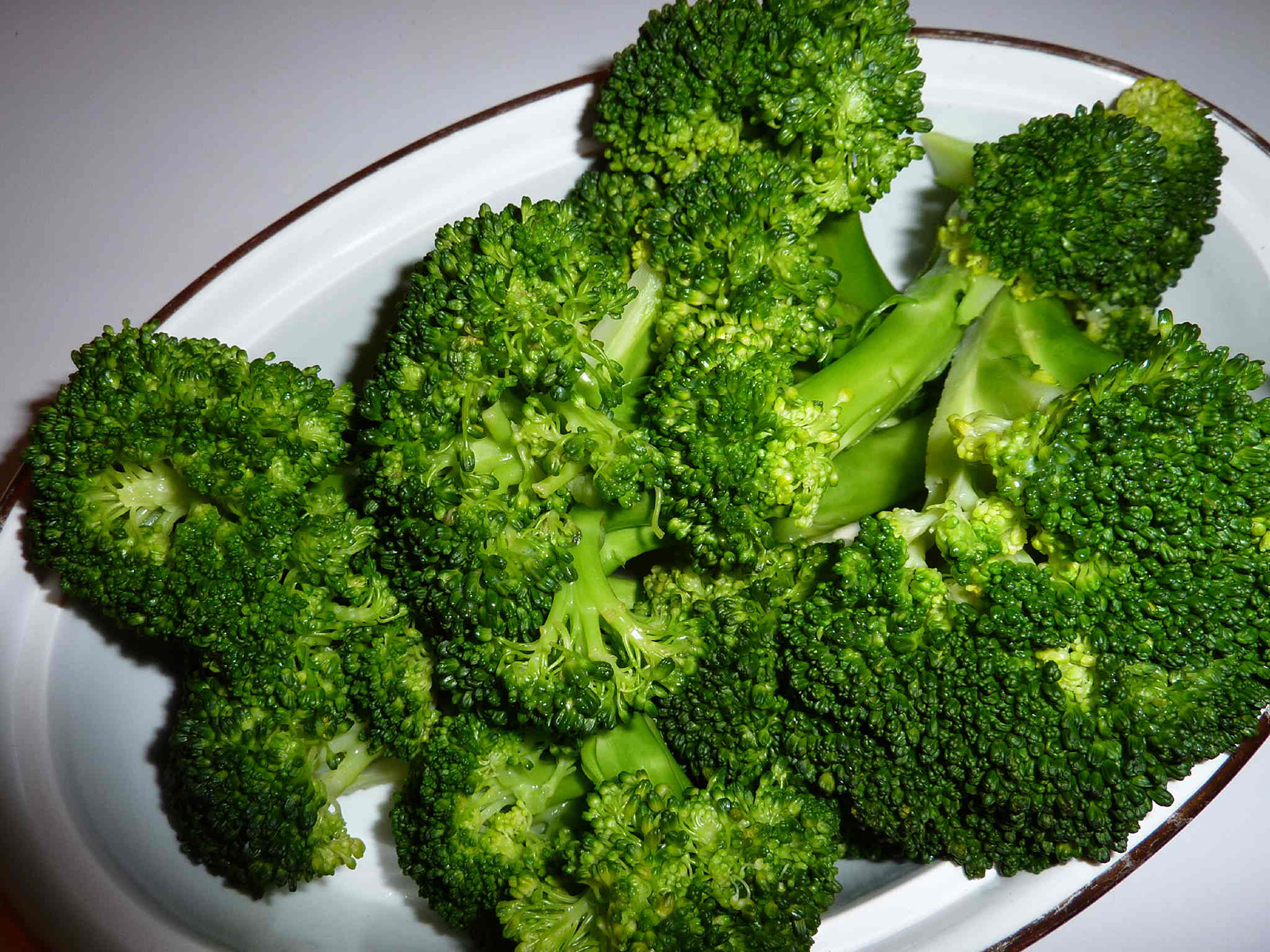
4. Broccoli
Broccoli is a powerhouse of nutrients, including fiber, vitamin C, vitamin K, iron, and potassium. It’s also high in bioactive compounds that may have health benefits. Its high fiber content is particularly good for digestive health and can help maintain a feeling of fullness.

5. Soup
Broth-based soups, especially those loaded with vegetables, can be a great low-calorie and nourishing starter to a meal. They help in reducing the total calorie intake during the meal by promoting a feeling of fullness. Avoid cream-based soups, which can be high in calories and fat.

6. Eggs
Eggs are a fantastic source of high-quality protein and contain important vitamins and minerals, including B vitamins and selenium. They have been shown to promote feelings of fullness and help with weight management, making them an excellent choice for breakfast or as a protein source in meals.
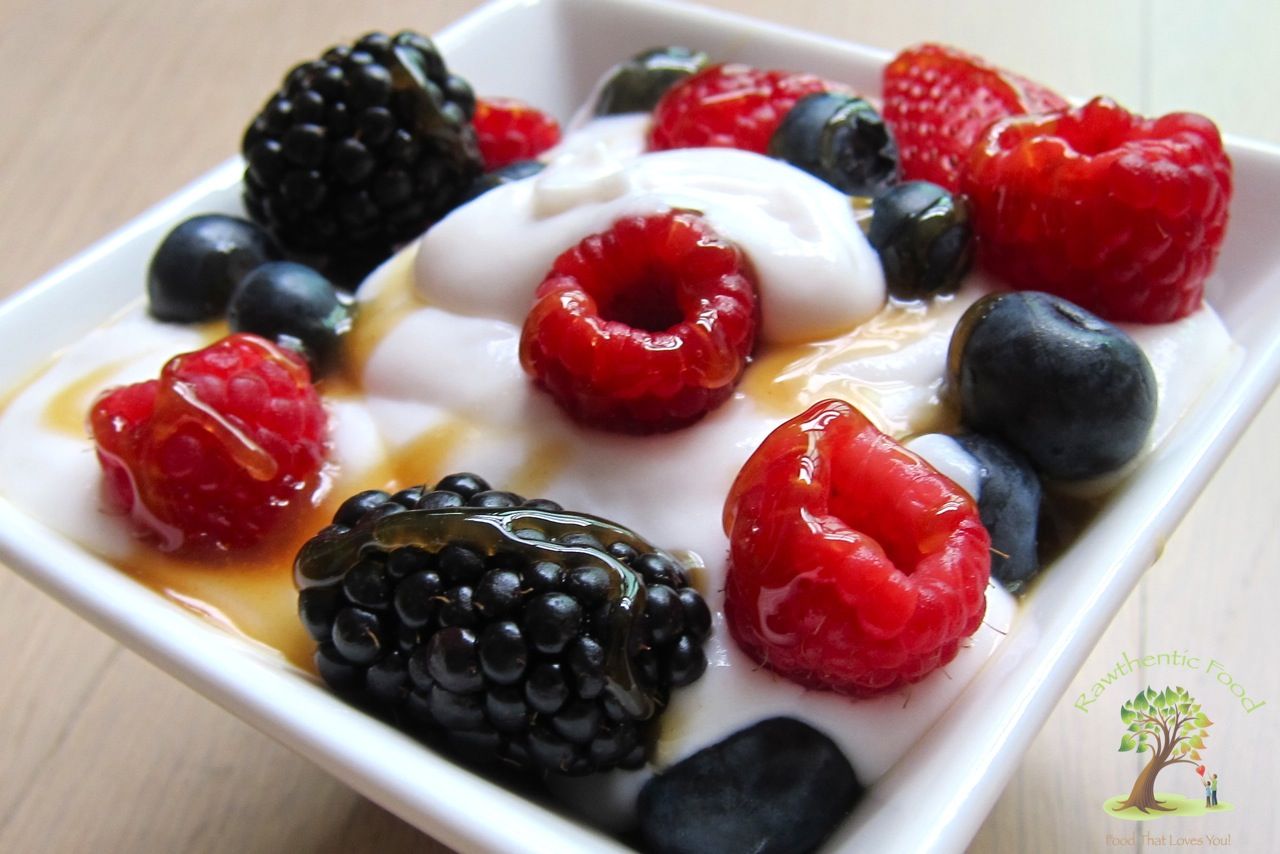
7. Greek Yogurt
Plain Greek yogurt is rich in protein, calcium, and probiotics, while being low in sugar and fat. Its high protein content helps in muscle maintenance and satiety. Choose plain varieties to avoid added sugars and enjoy it with fruits or nuts for a nutritious snack.

8. Fish
Fish, particularly fatty types like salmon, mackerel, and sardines, are not only low in calories but also rich in omega-3 fatty acids and protein. They can keep you feeling full for longer periods, thus helping in weight management. Grilled, baked, or steamed fish are healthy preparation options.
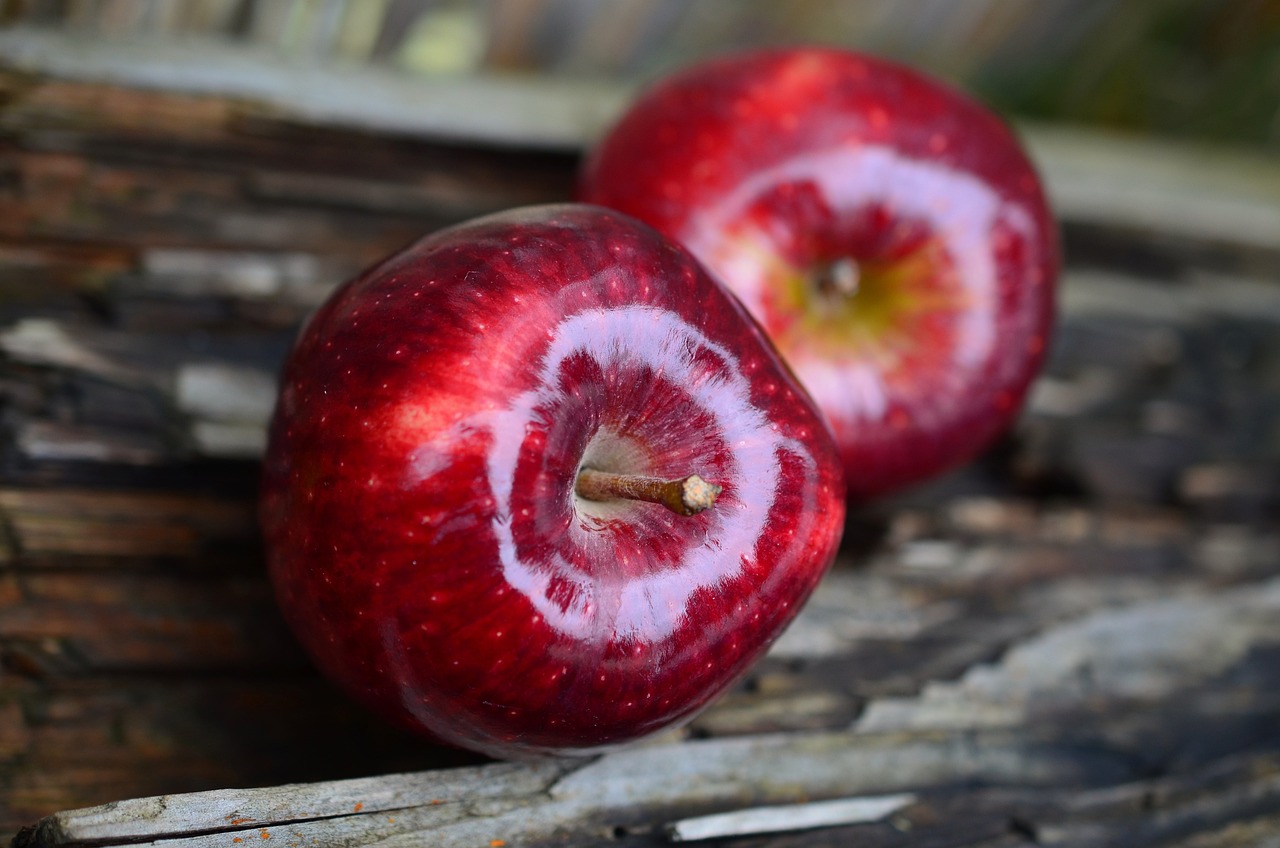
9. Apples
Apples are high in dietary fiber and water, which can help you feel full. They also contain polyphenols, which may have numerous health benefits. Eating apples as a snack, with their skin on for added fiber, can reduce hunger pangs and prevent overeating.
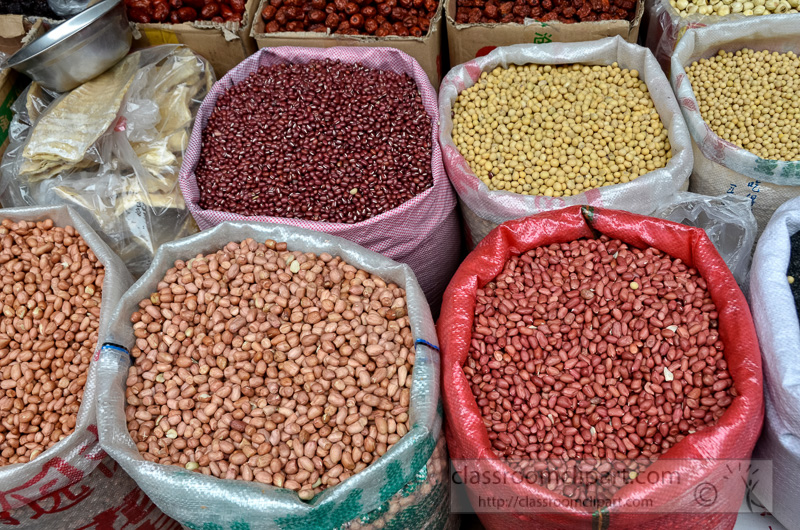
10. Legumes
Legumes, including beans, lentils, and chickpeas, are excellent plant-based protein sources. They are also high in fiber and slow-digesting carbohydrates, providing a steady source of energy and a sense of fullness, which is beneficial for weight control.
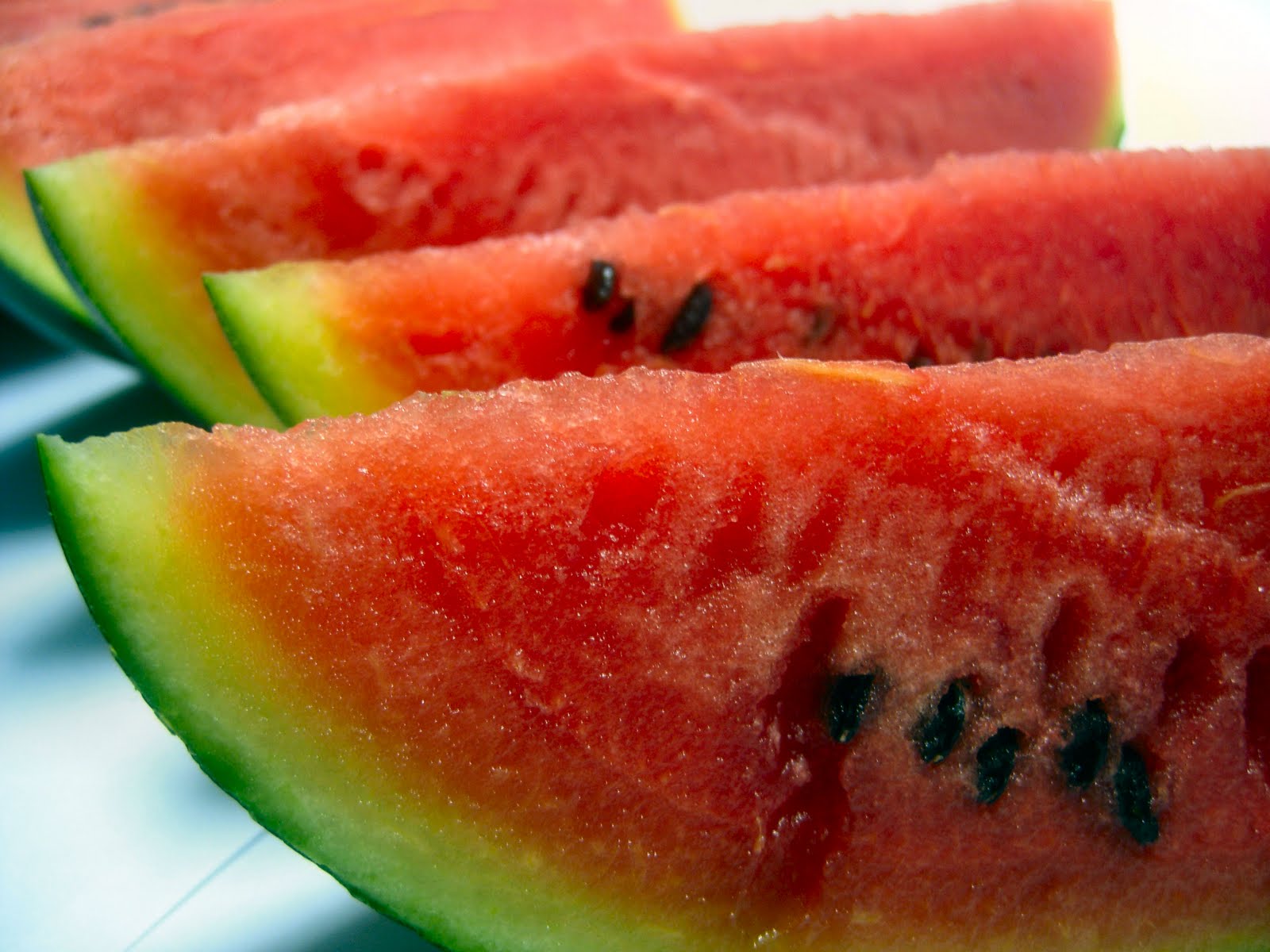
11. Watermelon
Watermelon is low in calories due to its high water content. It’s also a good source of antioxidants, including lycopene, vitamin C, and vitamin A. Eating watermelon can satisfy your sweet tooth and keep you hydrated, while contributing very few calories.
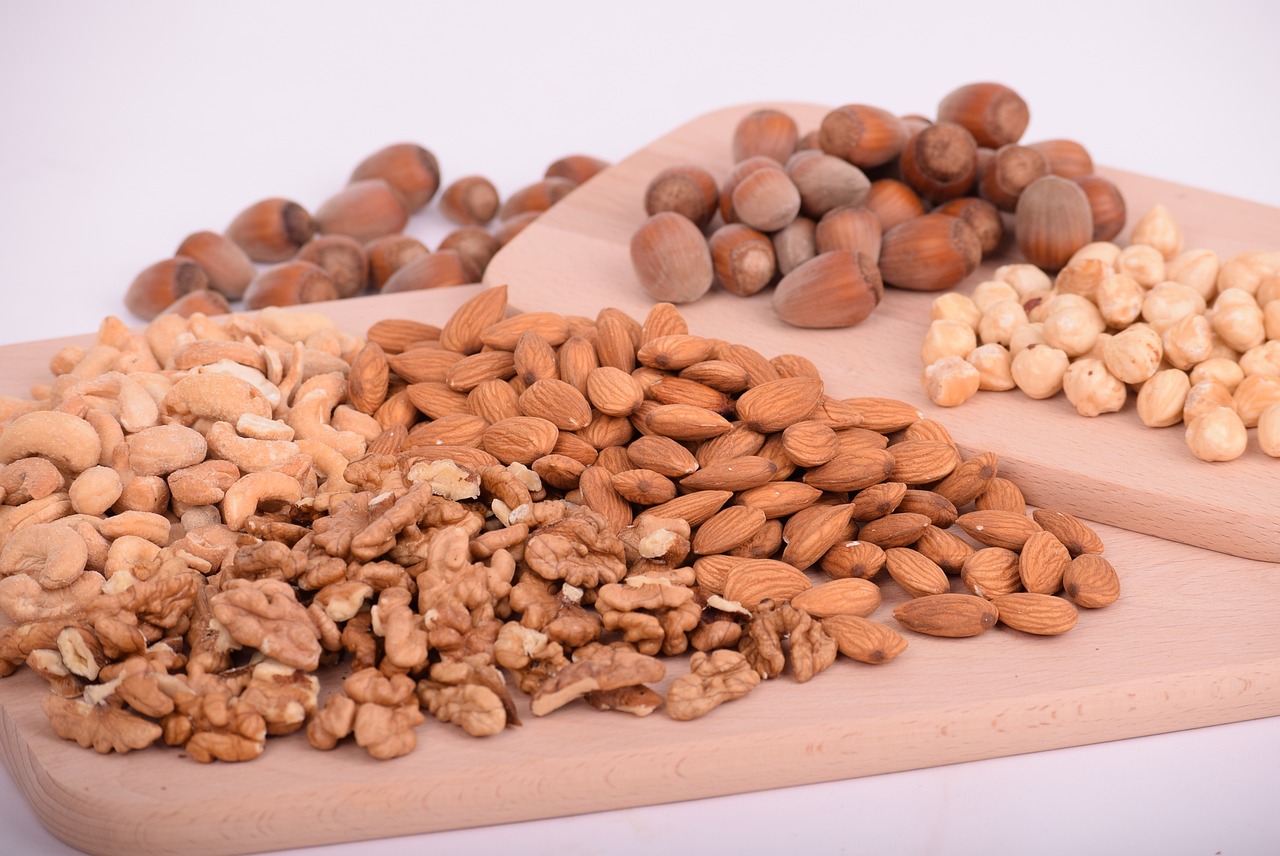
12. Nuts
Nuts such as almonds, walnuts, and pistachios are nutrient-dense foods that offer a balance of healthy fats, protein, and fiber. They are energy-dense but can be part of a weight management diet when consumed in moderation. Nuts are also linked to improved heart health and can be a satisfying, nutrient-rich snack.
In Conclusion
Incorporating these foods into your daily diet can help manage your weight while ensuring you get the necessary nutrients for good health. Portion control is key, even with these healthier options, as part of a balanced, varied diet. Remember, a sustainable approach to weight management involves a combination of dietary changes, regular physical activity, and other lifestyle modifications.







